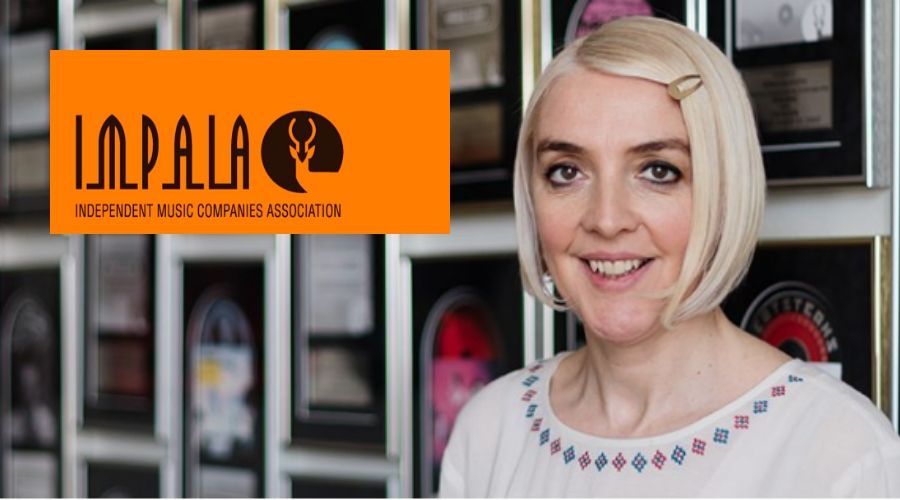26/11/2019

IMPALA is gearing up to oppose Tencent’s buyout of a 10% stake of Universal Music Group with an option to add a further 10%. IMPALA is also concerned about who might buy the additional UMG stakes that are up for grabs.
IMPALA’s Executive Chair Helen Smith commented: “Even at a low level of shareholding, we believe the risk of harm for consumers and competitors from such a transaction would be a concern because of the impact in both the digital market and the music sector, with independents being squeezed further and artists also losing out.”
The impact of such a sale would change the whole music ecosystem, and smaller companies will be the first to lose out. UMG is the world’s biggest music company and Tencent currently owns four out of five of the leading music apps and has an estimated 90% market share in the growing Chinese market for the retail of digital music, with strong presence in other key markets.
Helen Smith continued: “We also need to see how the plan to sell the rest of the UMG shares available plays out. There could be any number of outcomes.”
This type of creeping influence will not escape regulatory scrutiny. The fact that the Chinese competition watchdog is already looking into Tencent Music’s licensing deals with the majors underlines the importance regulators attach to ensuring fairplay, and other regulators have raised the alarm about the power of online services and media giants.
Helen Smith concluded: “We would expect regulators to also be concerned about the Spotify-Tencent link. We believe it would be difficult for Tencent and other companies with power in a vertical market to acquire influence over the world’s biggest set of repertoire.”
Ten core principles representing the collective position of the independent music sector More
IMPALA, the European organisation for independent music companies and national associations, launched More
La delegación encabezada por la CEO de WIN, Noemí Planas, y su More